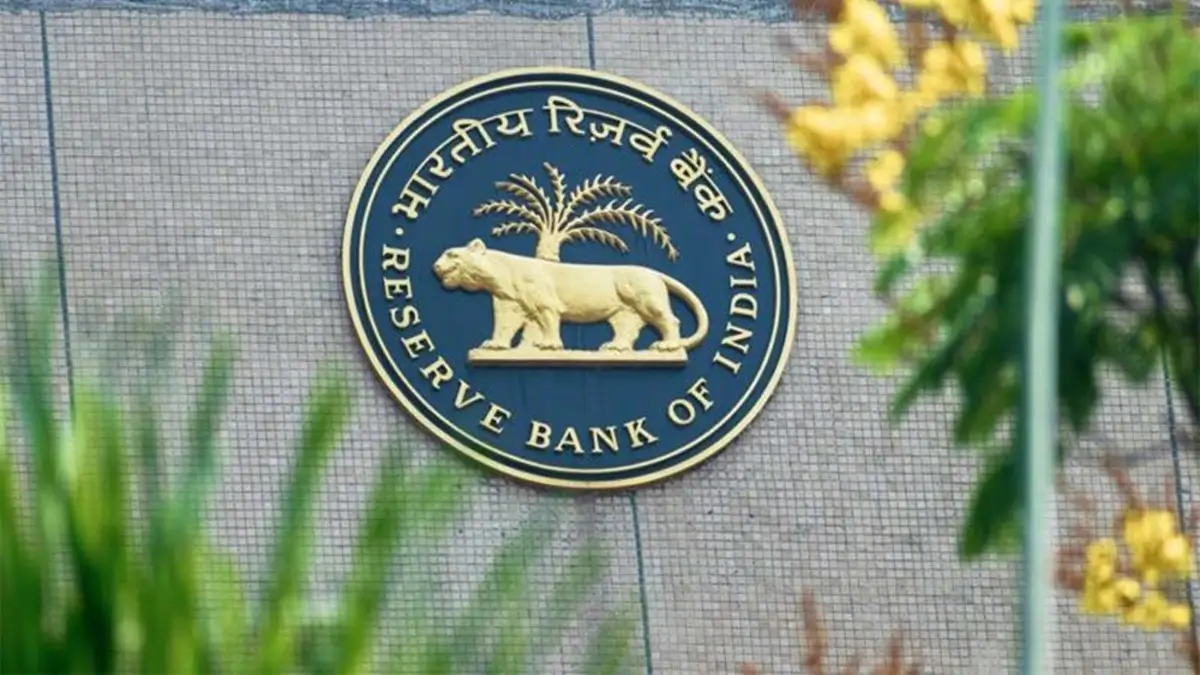RBI Shortens Frequency of Credit Reporting to Fortnightly
Introduction to the New Policy
The Reserve Bank of India (RBI) has recently announced a significant change in its credit reporting regulations. In a move aimed at enhancing financial transparency and improving the efficiency of credit information systems, the RBI has decided to shorten the frequency of credit reporting from monthly to fortnightly. This decision is expected to have a profound impact on how credit information is collected and processed, providing more up-to-date insights into borrowers’ creditworthiness.
Impact on Financial Institutions
Financial institutions, including banks and non-banking financial companies (NBFCs), are required to comply with this new reporting schedule. The shift from monthly to fortnightly reporting will necessitate changes in the data collection and reporting systems of these institutions. It aims to ensure that credit reports reflect the most current financial status of borrowers, thereby enhancing the accuracy and timeliness of credit assessments.
Benefits to Borrowers and Lenders
For borrowers, this change means that their credit information will be updated more frequently, potentially leading to faster credit decisions and more accurate credit scores. Lenders will benefit from more current data, allowing them to make better-informed lending decisions. The increase in reporting frequency is anticipated to reduce the risk of credit fraud and improve the overall health of the financial system.
Challenges and Adaptations
While the policy change is expected to bring several benefits, it also poses certain challenges. Financial institutions will need to invest in upgraded systems and processes to handle the increased frequency of reporting. This transition may involve additional costs and logistical adjustments. However, the long-term advantages of more accurate and timely credit information are likely to outweigh these initial challenges.
Conclusion
The RBI’s decision to shorten the frequency of credit reporting reflects a broader trend towards enhancing transparency and efficiency in the financial sector. As financial institutions adapt to this new requirement, the benefits for both borrowers and lenders are expected to become increasingly evident, contributing to a more robust and reliable credit ecosystem.

Why this News is Important
Enhanced Financial Transparency
The RBI’s decision to move to fortnightly credit reporting is a significant step towards improving financial transparency. By updating credit reports more frequently, the new policy ensures that borrowers’ credit statuses are more accurately reflected. This enhanced transparency helps both lenders and borrowers make better-informed decisions, reducing the likelihood of credit-related issues.
Improved Credit Assessment Accuracy
With more frequent updates, credit assessments will become more accurate. Lenders will have access to the most current data, which can lead to more precise credit evaluations and fairer lending practices. This change is particularly important for borrowers with rapidly changing financial situations, as it allows their credit reports to reflect their current financial status more closely.
Faster Credit Decision Processes
Fortnightly reporting can lead to quicker credit decision processes. Lenders will have more up-to-date information, which can expedite the approval process for credit applications. For borrowers, this means potentially faster access to loans and credit, which can be crucial in urgent financial situations.
Reduction in Credit Fraud
More frequent reporting can help in reducing instances of credit fraud. With updated credit information being available regularly, discrepancies and fraudulent activities can be detected and addressed more swiftly. This contributes to a more secure financial environment for all stakeholders involved.
Long-term Benefits to the Financial System
Although there may be initial challenges, such as the need for upgraded reporting systems, the long-term benefits of more accurate and timely credit information are substantial. A more robust credit reporting system enhances the overall health of the financial sector, promoting stability and trust in the credit system.
Historical Context
Previous Credit Reporting Practices
Historically, credit reporting in India was conducted on a monthly basis, providing a snapshot of borrowers’ credit statuses at the end of each month. This system served its purpose but had limitations in terms of the timeliness and accuracy of credit information.
Global Trends and Comparisons
Globally, many countries have moved towards more frequent credit reporting to enhance financial transparency and efficiency. For example, in some developed economies, credit reporting occurs on a weekly or bi-weekly basis. The RBI’s decision to adopt a fortnightly reporting schedule aligns with these global trends, reflecting a growing emphasis on real-time financial information.
Regulatory Changes and Their Impact
Regulatory changes in credit reporting have historically aimed at improving the accuracy and reliability of credit information. Previous reforms in India have included the introduction of credit bureaus and standardized credit reporting formats. The latest change to fortnightly reporting continues this trend, addressing the need for more dynamic and accurate credit information.
Key Takeaways from “RBI Shortens Frequency of Credit Reporting to Fortnightly”
| Serial Number | Key Takeaway |
|---|---|
| 1 | The RBI has reduced the frequency of credit reporting from monthly to fortnightly. |
| 2 | Financial institutions will need to update their data collection and reporting systems to comply with the new policy. |
| 3 | Borrowers will benefit from more current credit information, potentially leading to faster credit decisions. |
| 4 | The change is expected to reduce the risk of credit fraud by providing more timely updates on borrowers’ credit statuses. |
| 5 | While there are initial challenges, such as system upgrades, the long-term benefits include improved financial transparency and accuracy. |
Important FAQs for Students from this News
1. What is the recent change announced by the RBI regarding credit reporting?
The RBI has decided to shorten the frequency of credit reporting from monthly to fortnightly. This means that credit reports will now be updated every two weeks instead of once a month.
2. Why has the RBI decided to move to fortnightly credit reporting?
The RBI’s decision aims to enhance financial transparency, improve the accuracy of credit assessments, and provide more up-to-date information to both lenders and borrowers. The increased frequency is expected to facilitate quicker and more informed credit decisions.
3. How will this change impact financial institutions?
Financial institutions will need to adjust their data collection and reporting systems to accommodate the new fortnightly reporting schedule. This change may involve additional costs and logistical adjustments but is intended to improve the overall quality and timeliness of credit information.
4. What benefits will borrowers experience from the new reporting frequency?
Borrowers will benefit from more current credit information, which can lead to faster credit decisions and a more accurate reflection of their financial status. This can be particularly advantageous for those with changing financial situations.
5. What are the potential challenges of implementing the new fortnightly reporting system?
Challenges include the need for financial institutions to invest in upgraded systems and processes to handle the increased frequency of reporting. There may also be initial costs and adjustments required to comply with the new regulations.
Some Important Current Affairs Links

















